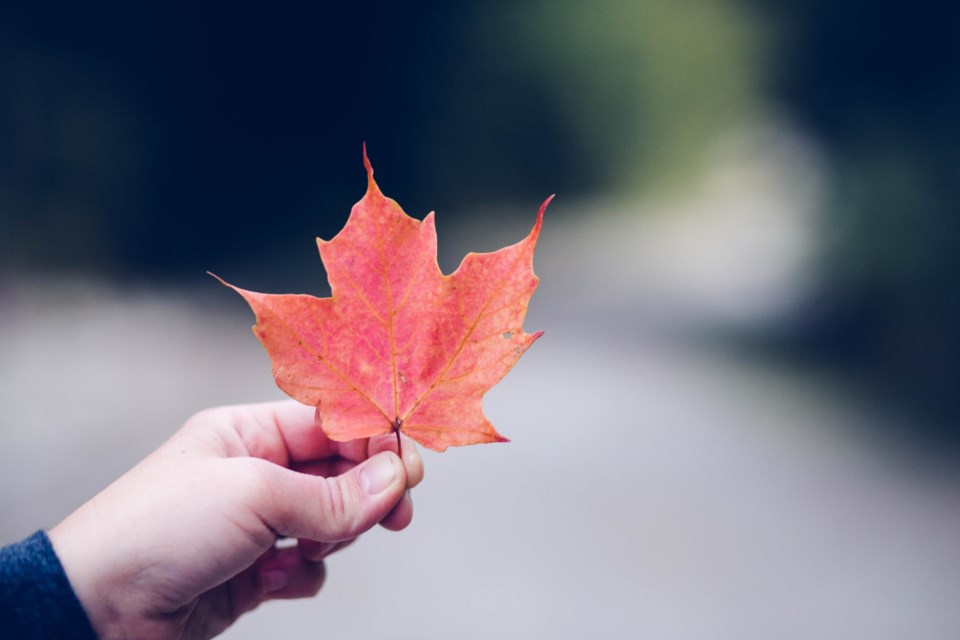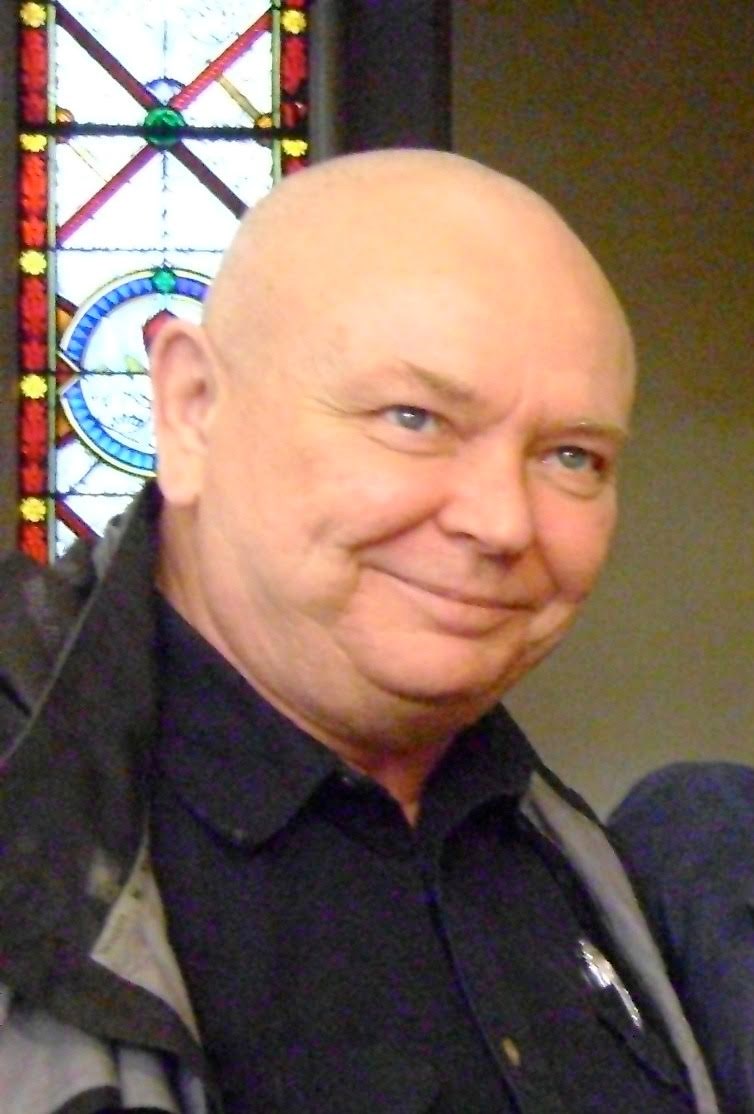 We [our society] are beginning a transition from a very heedless concern about environmental degradation to some future culture which will valorize conservation. We're not there yet and there is resistance to this transition even in the face of the clear need to do so. We are also facing the need to find better ways to live together, and this involves a transition to some other paradigms of conviviality. I mean, simply, ways of living together as a society. Whereas homogeneity conceals unwholesome sentiments, diversity reveals harmful attitudes that in the past were not perceived as problems. I mean, for example, if virtually everyone in your life is like-minded about religious values then those values are so normalized as to become axioms. But sustaining a good relationship with nonbeliever segments of our increasingly diverse society is not compatible with an axiomatic vision of living together.
We [our society] are beginning a transition from a very heedless concern about environmental degradation to some future culture which will valorize conservation. We're not there yet and there is resistance to this transition even in the face of the clear need to do so. We are also facing the need to find better ways to live together, and this involves a transition to some other paradigms of conviviality. I mean, simply, ways of living together as a society. Whereas homogeneity conceals unwholesome sentiments, diversity reveals harmful attitudes that in the past were not perceived as problems. I mean, for example, if virtually everyone in your life is like-minded about religious values then those values are so normalized as to become axioms. But sustaining a good relationship with nonbeliever segments of our increasingly diverse society is not compatible with an axiomatic vision of living together.
Indeed, wherever rigid axioms are widely accepted, harm always ensues. Not always violent or vandalic, like we see so often, but always resistant to convivial inclusivity. Even our most fundamental points of past agreement such as right and wrong and good versus evil, are failing to be inclusive enough concepts to co-opt important demographics and even serve to encourage sectarian conflict and violence. Violence, whether justified or not, ruins the quality of life, the conviviality factor, for everyone. It is short sighted and dangerous to allow whole segments of society to feel that they have no stake in our collective prosperity and advancement. To have no stake is to have nothing to lose by disrupting the status quo. But that is exactly what happens when we promote ideas and policies that alienate women, refugees, the poor, etc. Old values, which justify societal indifference, must change and the fear they inspire must manifest as patience and kindness. Whole societies, even whole civilizations have to change to become more inclusive and egalitarian. Huge goals like these are just dreams unless you and me meditate and let a middle way ethic guide our life.
Transitions are hard. Any change in our state of being, whether personal or cultural, provokes anxiety, confusion and sometimes hatred and harmful behaviour. Resistance to change is a universal human condition. However, since everything is changing all the time, [apparently changing faster as well], it might be time to figure out how society and we as individuals can transform the resistance reflex into fearlessness and patience, Transformation requires a tipping point. Zen practice, that is meditation practice, sets us on a path toward a tipping point called enlightenment or awakening. After that tipping point, the practice is called the Bodhisattva path; ie the life that emerges from the Bodhisattva vow.
The Bodhisattva Vow is the formal commitment to put the enlightenment of others before one's own. The non-Buddhist equivalent is to replace self-centred notions of individualism and independence with a feeling of openness to the environments in which we live, the natural world and our societal birthright. Part of what it means to be a bodhisattva today is seeking a balance in the midst of rapid change; the balance called the middle way; the avoidance of extremes, a sensitivity to extremes.
I am very admiring of the meditators in our community who, in recent months, have been demonstrating against the various pipelines and in support of widespread female outrage over the fashionable, new contempt for the powerless. The presence of serious meditators in the community of activists will help dissipate the impatience that often accompanies outrage and fear and usually produces harmful effects. The Middle Way affects not only the bad guys but also the good guys.
 Wayne Codling is a former Zen monastic and a lineage holder in the Soto Zen tradition. He teaches Zen style meditation in various venues around Victoria. Wayne’s talks and some writings can be found on his blog http://sotozenvictoria.wordpress.com
Wayne Codling is a former Zen monastic and a lineage holder in the Soto Zen tradition. He teaches Zen style meditation in various venues around Victoria. Wayne’s talks and some writings can be found on his blog http://sotozenvictoria.wordpress.com
You can read more articles on our interfaith blog, Spiritually Speaking, HERE
Photo of maple leaf by Donnie Rosie on Unsplash


